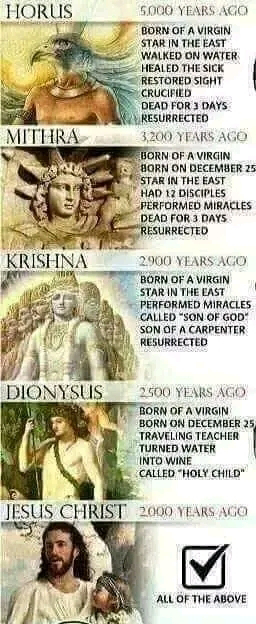Chancellor James Williams was an Afrikan sociologist, historian and writer. He was the author of one of the most important books of the twentieth century, "The Destruction of Black Civilization" (1976).
Early life
Williams was born in Bennettsville, South Carolina, on December 22, 1893 as the last of five children; his father was formerly enslaved, while his mother was a cook, nurse, and evangelist. His innate curiosity concerning the realities of racial inequality and cultural struggles, particularly those which involved African Americans, began as early as his fifth-grade year. Years later, he was quoted in an early interview as saying: "I was very sensitive about the position of Black people in the town... I wanted to know how you explain this great difference. How is it that we were in such low circumstances as compared to the whites? And when they answered 'slavery' as the explanation, then I wanted to know where we came from."
He moved with his family to Washington, DC in the early 20th century. His first wife, Dorothy Ann Williams, died in 1925, leaving him a widower with five children.
Education
Williams earned an undergraduate degree in Education in 1930 followed by a Master of Arts degree in History in 1935, both from Howard University. After completing a doctoral dissertation on the socioeconomic significance of the storefront church movement in the United States since 1920, he was awarded a Ph.D. in history and sociology by American University in 1949.
Williams began his studies abroad as a visiting professor to the universities of Oxford and London in England, UK in 1953 and 1954. In 1956, he did field research in African history at Ghana's University College. At that time, his main focus was on African achievements and self-ruling civilizations which existed long before the coming of the Europeans or Asians. His last study, completed in 1964, covered 26 countries and more than 100 language groupings.
Career
In 1935 Williams took the post of Administrative Principal for the Cheltenham School for Boys in Maryland. Four years later he became a teacher in the Washington, DC public schools. He entered the employment of the U.S. Federal Government in 1941, filling a variety of positions such as section chief of Census Bureau, statistician for War Relocation Board, an economist in Office of Price Administration. In 1946 he returned to his alma mater as a social science instructor until 1952. It was then that he transferred to the history department, where he remained until he retired in 1966.
"The Destruction of Black Civilization"
In 1971, Williams sent his magnum opus The Destruction of Black Civilization to Kendall Hunt, a white-owned publishing company, for publication and distribution. The following year, the book received an award from the Black Academy of Letters and Arts. Encouraged by the award, Williams worked for years to expand and revise the book before publishing a second edition. Feeling more comfortable with a Black-owned firm as his publisher, he sent the second version to Chicago's noted Third World Press.
When published in 1987, the second edition of the book received wide critical acclaim from the Afrikan community. In 1979, the 21st Century Foundation honored Chancellor Williams with its first Clarence L. Holte International Biennial Prize.
The Destruction of Black Civilization took Chancellor Williams sixteen years of research and field study to compile. The book, which was to serve as a reinterpretation of the history of the African race, was intended to be "a general rebellion against the subtle message from even the most 'liberal' white authors (and their Negro disciples): 'You belong to a race of nobodies. You have no worthwhile history to point to with pride.'" The book was written at a time when many black students, educators, and scholars were starting to piece together the connection between the way their history was taught and the way they were perceived by others and by themselves.
They began to question assumptions made about their history and took it upon themselves to create a new body of historical research. The book is premised on the question: "If the Blacks were among the very first builders of civilization and their land the birthplace of civilization, what has happened to them that has left them since then, at the bottom of world society, precisely what happened? The Caucasian answer is simple and well-known: The Blacks have always been at the bottom." Williams instead contends that many elements—nature, imperialism, and stolen legacies— have aided in the destruction of the black civilization.
The Destruction of Black Civilization is revelatory and revolutionary because it offers a new approach to the research, teaching, and study of African history by shifting the main focus from the history of Arabs and Europeans in Africa to the Africans themselves, offering instead "a history of blacks that is a history of blacks. Because only from history can we learn what our strengths were and, especially, in what particular aspect we are weak and vulnerable. Our history can then become at once the foundation and guiding light for united efforts in serious[ly] planning what we should be about now." It was part of the evolution of the black revolution that took place in the 1970s, as the focus shifted from politics to matters of the mind.
Death
Dr. Williams died of respiratory failure on December 7, 1992 at Providence Hospital in Washington, D.C.. He had been a resident of the Washington Center for Aging Services for several years. He was survived by his wife of 65 years, Mattie Williams of Washington, and 14 children; 36 grandchildren; 38 great-grandchildren; and 10 great-great-grandchildren.#UbuntuBami



















































